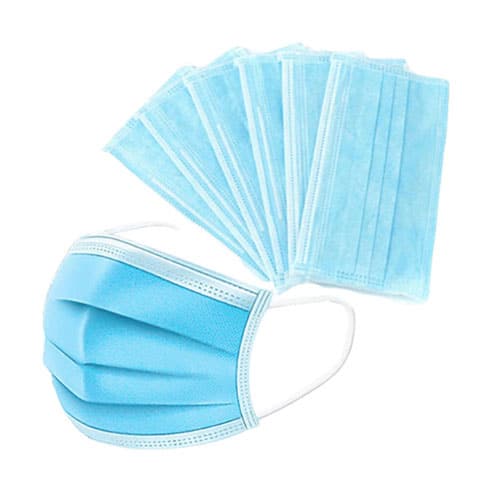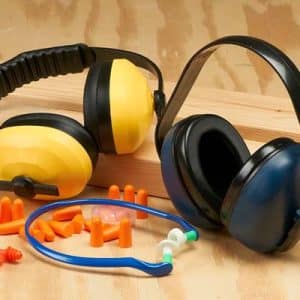Description
Disposable masks are personal protective equipment (PPE) designed for single-use to provide a barrier between the wearer’s nose and mouth and potential contaminants in the surrounding environment. They are commonly used in various industries and settings to prevent the spread of respiratory droplets and protect individuals from airborne particles, including viruses and bacteria. Here are key considerations about disposable masks:
Types of Disposable Masks:
- Surgical Masks:
-
- Designed for use in healthcare settings to protect against large respiratory droplets, splashes, and sprays.
- Often used during medical procedures to maintain a sterile environment.
- N95 Respirators:
-
- Provides a higher level of filtration and is designed to fit tightly to the face.
- Offers protection against airborne particles, including fine respiratory droplets and infectious agents.
- Commonly used in healthcare settings, construction, and industries where respiratory protection is crucial.
- KN95 Masks:
-
- Similar to N95 respirators, KN95 masks meet specific standards in China and provide a high level of particle filtration.
- Widely used in various industries for respiratory protection.
- Disposable Face Masks:
-
- Non-medical face masks designed for general use.
- Typically made of multiple layers of fabric or non-woven materials.
- Used in various settings, including offices, public transportation, and crowded spaces, to reduce the spread of respiratory droplets.
Key Features and Considerations:
- Filtration Efficiency:
-
- The level of filtration varies between different types of masks. N95 respirators offer higher filtration efficiency compared to surgical masks and disposable face masks.
- Fit and Seal:
-
- Proper fit is crucial for mask effectiveness. Masks should cover the nose and mouth snugly without gaps.
- N95 respirators require a tight seal to ensure effective filtration.
- Breathability:
-
- Masks should be breathable to ensure comfort for the wearer, especially during extended use.
- Single-Use:
-
- Disposable masks are intended for single-use to prevent cross-contamination.
- Dispose of used masks properly according to workplace protocols.
- Nose Wire and Adjustable Ear Loops:
-
- Some masks have features like a nose wire for a better fit and adjustable ear loops for comfort.
- Regulatory Compliance:
-
- Ensure that disposable masks meet relevant industry standards and regulatory requirements.
- Application-Specific Masks:
-
- Select masks based on the specific tasks, industry requirements, and the level of protection needed.
- Training:
-
- Train users on the correct donning, wearing, and removal procedures to ensure proper mask use.
- Waste Disposal:
-
- Dispose of used masks in accordance with workplace protocols and environmental regulations.
Disposable masks are a crucial tool in preventing the spread of respiratory infections, especially in situations where maintaining physical distance is challenging. The appropriate selection and use of masks depend on the specific requirements of the industry and the tasks being performed. Regular training and adherence to safety protocols contribute to the effective use of disposable masks.















Reviews
There are no reviews yet.